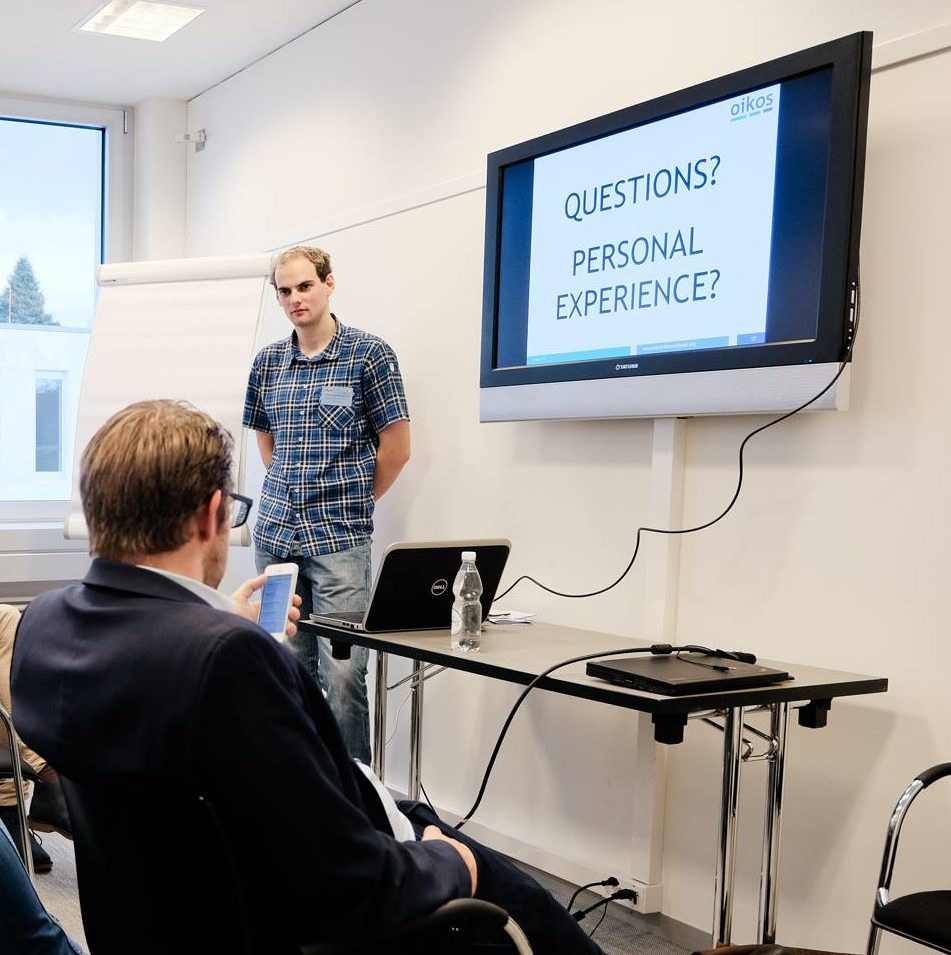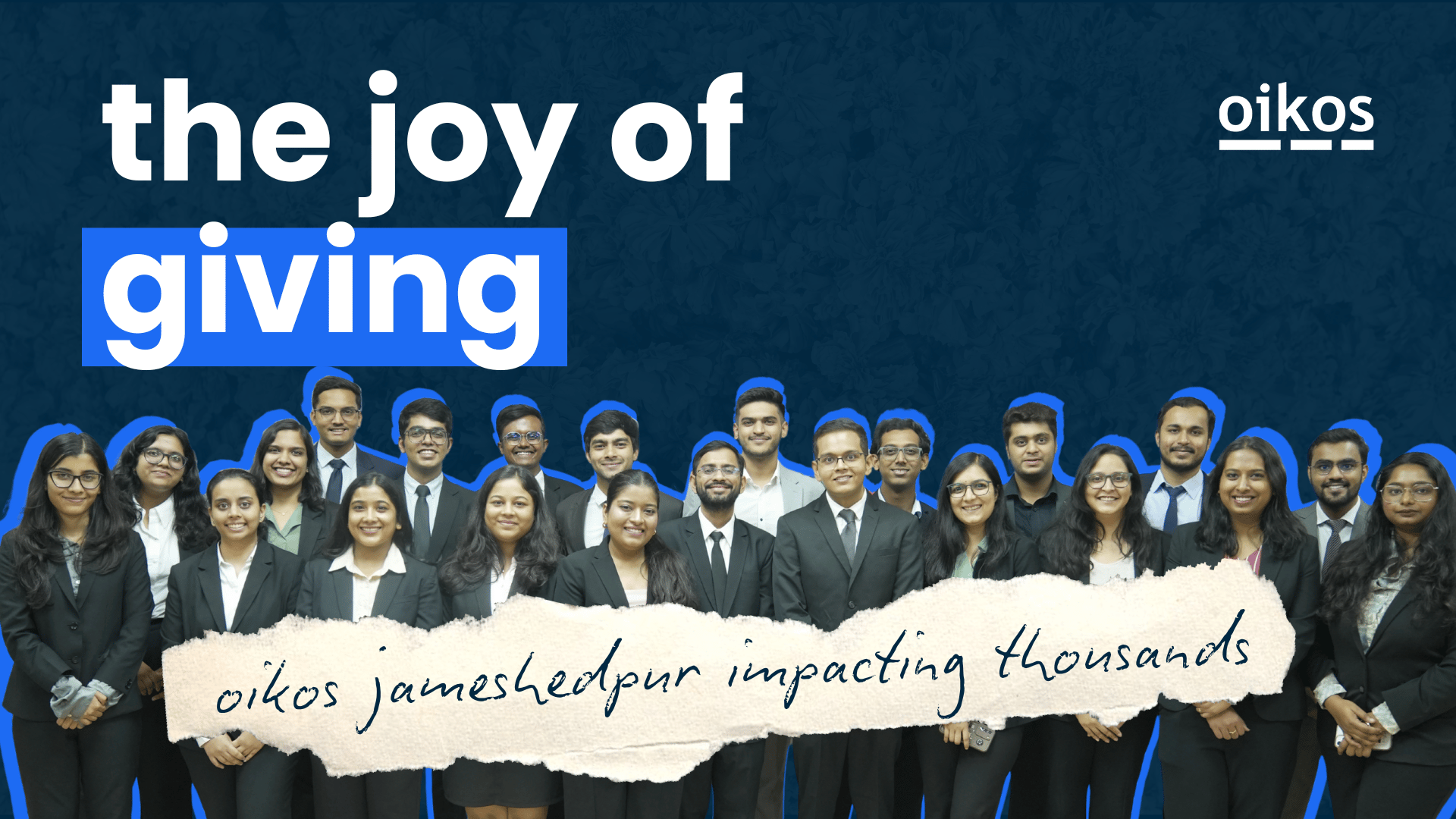
For 6 months, Christoph Rappitsch from Austria has been doing research on “Digital Economy and Sustanability” under the flag of oikos. As he parts with us in January, he leaves behind a comprehensive report, which will be published here at a later point. And with us remains the legacy of three great events. A passionate musician and visionary, he wrote his recap inspired by Nobel Prize laureate Bob Dylan. Read it here:
Bob Dylan once wrote: “…you better start swimming or you’ll sink like a stone. For the times, they are a-changing.” And nothing is truer for the Digital Economy and Information and Communication Technology (ICT) than this sentence. After spending six months doing research on this very interesting topic I truly must say, there are very few realms of our lives that are not affected by Digitalization. More and more digital connections are made in our homes, things and services become remote-controlled using smartphones, and in a near future our cars will drive on their own. All these changes pose both an immense potential and threat for sustainability and social objectives. In this recap, I will provide you with the most exciting changes the Digitalization brings and point to the highlights of my research on “Digital Economy and Sustainability”, which will be published in a separate report.
Virtual Leadership Needs Trust
The first highlight was of course the FutureLab, which I also helped to organize. I held a workshop on the topic “Sustainable Leadership in the Digital Economy” and asked questions like: what are the benefits and drawbacks of virtual teams from a social, cultural and environmental perspective; and what skills does a leader of a virtual team require? My findings were that the most essential task is to create trust. This could be achieved by establishing a social protocol, find similarities between team members and let the team share their experience and activities, e.g. with check-ins. Furthermore, even if the team members are spread around different continents, it still helps a lot to create trust if the team meets at least once face-to-face, ideally in the first 90 days of the undertaking.
“If your breath to you is worth saving”, Install Light-Controlled Shutters
Working virtually means we will be able to spend more time in our homes, which is where I see the second big digital change. Under the terms Smart Home and Internet of Things (IoT), new technologies become integral parts of our homes. These devices connect and communicate with each other, allowing them to control the whole circuit: smart devices automatically turn off for the purpose of energy preservation or, in the case of solar panels, shutter open when the sun comes up, while smart meters meticulously collect client data and let energy producers optimize their supply.
Taking devices off the grid can drive down costs and emissions. Advanced Power Strips (APS) were designed to turn electronic devices off, when they’re not in use. Therefore, they prohibit energy waste in the form of “vampire loads” (electronic devices, which use energy in standby-mode) and can save up to 12% of the annual electricity consumption in a household.[1] The biggest savings potential, however, is found in the heating systems. With time-controlled thermostats and automatic shutters at windows each household can save between 10-30% of its heating.[2] Users of Nest (an American company for Smart Home applications) saved 1.4bn kilowatt-hours of electricity between 2011 and 2014, equaling enough electricity to power 135,000 US homes for a year.[3]
“For he that gets hurt will be he who has stalled”: Governments Need To Act
Speaking of heat, one of the hottest fields in the Digitalization is of course the mobility sector. My father, who worked as a mechanic for almost 30 years, said ten years ago: “The future of our mobility lies not in the cars that we drive, but who will be driving them. In 15 to 20 years we will have self-driving cars and relax during our road trips.” It seems as if his prophecy is turning out to be true, with Tesla’s autopilot already built into series production and Uber’s self-driving cars in Pittsburgh as two prominent examples.
With this enormous interest in autonomous cars, there are benefits and drawbacks for social and sustainability goals. Let’s start with the benefits: When cars are able to communicate with each other and use algorithms to find the fastest way from point A to point B, they are able to optimize routes, therefore saving time and fuel. Among the worst-case scenarios is cyber-sabotage: hackers could take control over the ‘autonomous’ cars and only give them free in return for ransom. Another important aspect here to mention is that, if autonomous vehicles fully take over our roads, a lot of jobs – truckers, delivery or taxi drivers – will be lost. Governments need to prepare a social plan for these people, because in Germany and the US 500.000 and 3.5 million truck driving jobs are at stake, respectively.[4],[5]
“For the loser now will be later to win”: Fintechs Take Over Financial Markets
Digitalization could also be a game changer for the financial sector. The financial system is in the middle of a dramatic change, because of a new emerging industry sector, Fintech. Fintech, short for Financial Technology, is an economic sector composed of companies, which try to create and foster advanced and new developments in the financial sector. Paying with the smartphone or comparing different insurances to look for the cheapest one: two examples of Fintech services, which have become ubiquitous. But there are a lot more, like robot advisors for portfolio management, crowdfunding platforms or blockchain.
Their main goal is to make to make financial services and transactions more efficient and easier to use. The disruptive power of Fintech could lead to cut in costs and improve the quality of financial services, creating access for those who were formerly “unbanked”. This starts with lower interest rates for loans, expands to cover better algorithms for assessing risk, and a more diversified portfolio.[6]
“Don’t speak too soon, for the wheel’s still in spin”, and the Sustainability Impact Unsettled
Despite the huge potential for positive development, ICT and the Digitalization clearly have a dark side. The major materials required for ICT are either dangerous to the environment, mined under hazardous conditions or both. Intelligence agencies use personal smart devices for mass surveillance. The IoT, with its low security standards, can easily be transformed to a botnet and be used for hacker attacks. With the digital disruption come social problems: What will happen to the people, whose jobs will be replaced by machines or robots? Will energy saved through efficiency be outweighed by higher electricity use for ICT? These are important questions that must be considered by policy makers and companies moving forward.
But I’d like to leave you with a positive outlook: I think the future is very bright, as the positive effects of the digitalization dominate the negative effects. Indeed, the negative sides could be eliminated, if policy makers, business and customers work together and adopt the new technologies in a responsible and sustainable way.
I want to thank the people at oikos and Engagement Migros for giving me this great opportunity to do research on the Digital Economy and Sustainability. And I would like to close this recap on my work with a quote from Bill Gates: “The advance of technology is based on making it fit in so that you don’t really even notice it, so it’s part of everyday life.”[7]
_____________
[1]http://www.energy.gov/energysaver/articles/how-much-can-you-really-save-energy-efficient-improvements
[2]http://www.faz.net/asv/smart-home/wie-ein-smart-home-system-beim-energiesparen-helfen-kann-13283848.html
[3] https://www.theguardian.com/sustainable-business/smart-home-technology-energy-nest-automation
[4] https://www.theguardian.com/technology/2016/jun/17/self-driving-trucks-impact-on-drivers-jobs-us
[5]http://www.spiegel.de/wirtschaft/unternehmen/autonome-lkw-in-zehn-jahren-werden-keine-fahrer-mehr-benoetigt-a-1112566.html
[6]http://www.economist.com/news/leaders/21650546-wave-startups-changing-financefor-better-fintech-revolution
[7] https://www.brainyquote.com/quotes/authors/b/bill_gates_2.html




